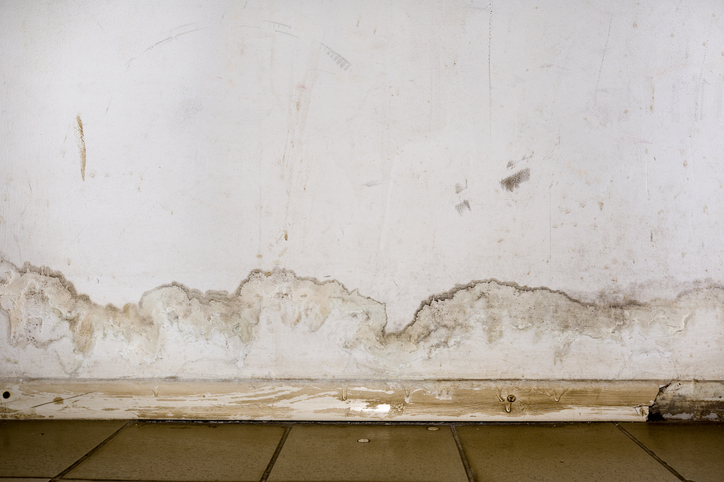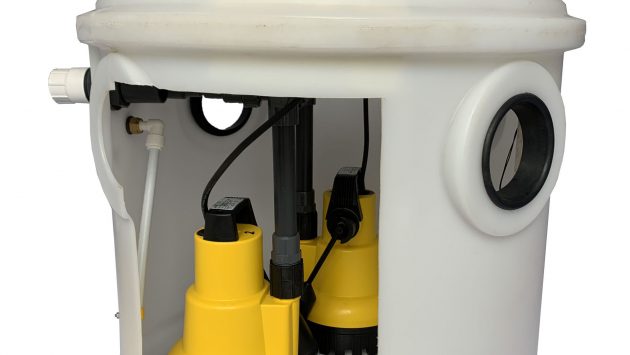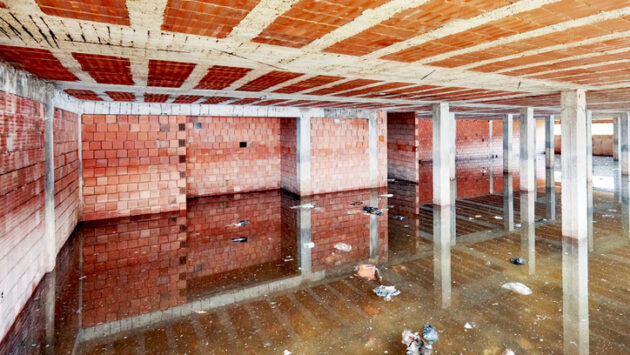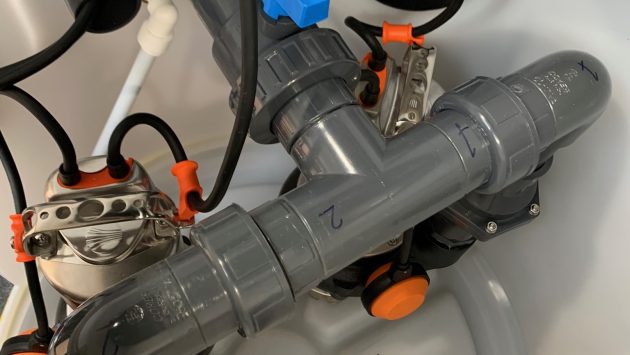How to prevent your basement from flooding during heavy rain
Having a basement or cellar in your home is great for providing extra space. However, depending on where you live, they can be particularly vulnerable to flooding during heavy rain or bad weather.
If you find that your basement floods every time it rains, this guide can help you find a solution and help to keep your basement dry and your home free from water damage.
What causes basement flooding?
Before looking at the preventative measures you should take to prevent your cellar from flooding during periods of heavy rain, it’s important to understand why heavy rain often leads to water in your basement.
The most common causes of basement floods include:
-
Poor drainage
Inadequate exterior drainage: when the drainage systems around your home are inadequate, water pools around the foundations. This often happens when the soil around your home is unable to channel the water away due to poor grading or clogged drainage.
Blocked gutters and downspouts: these are designed to direct rainwater away from your home but when they become clogged with debris, water can accumulate near the foundation, increasing the risk of seepage into your basement.
-
Foundation cracks
Hydrostatic pressure: the pressure exerted by water in the soil can cause small cracks in the foundation to widen or new cracks to form. This pressure increases significantly during heavy rainfall, forcing water through the foundation walls and floors.
-
Saturated soil
Waterlogged ground: extended periods of heavy rain can saturate the soil around your home, creating a waterlogged environment. When the soil can no longer absorb water, it begins to exert hydrostatic pressure against the foundation, pushing water into the basement through any available entry points.
-
Improper slop or grading
Negative grading: the land around your home should slope away from the foundation to direct rainwater away. If the grading is incorrect, with the ground sloping toward the house, rainwater will naturally flow towards the foundation, increasing the risk of basement flooding.
Settlement issues: over time, the soil around your home can settle unevenly, creating low spots where water can accumulate and eventually seep into the basement.
-
Plumbing failures
Burst pipes: heavy rain can sometimes lead to increased pressure in plumbing systems, causing pipes to burst. This can olead to significant water damage in your basement if it’s not sorted promptly.
Sewage backups: during heavy rain sewage systems can become overwhelmed, causing sewage to back up into homes through basement drains. This type of flooding is particularly hazardous and needs immediate attention.
How to prevent basement flooding during heavy rain
If you have spent time, money and effort in transforming your basement into a added living space or even just a storage space for excessive stuff that doesn’t fit into your home, you’re not going to want it to be damaged by rainwater every time it rains.
Here are just a few of the measures you can take to mitigate the risk of your basement flooding:
- Maintain gutters and downspouts
- Seal cracks in the foundations
- Improve exterior drainage
- Waterproof your basement walls
- Maintain your plumbing system
All of these measures can help to reduce the risk of flooding in your basement during periods of heavy rain. However, installing a sump pump can act as a first line of defence against basement flooding. It will remove water that accumulates in a sump pit and direct it away from your home.
Here’s why a sump pump is essential:
- Automatic activation: activates when water reaches a certain level, preventing flooding.
- Efficient water removal: quickly removes large volumes of water, keeping your basement dry.
- Backup systems: consider installing a battery backup system to ensure your pump keeps working during power outages.
The maintenance we outlined above will help to take the pressure off your sump pump and allow it pump excess water out of your basement.
Why is regular sump pump maintenance important?
A sump pump can be extremely effective at preventing your basement from flooding but regular maintenance is important to keep the whole system running smoothly. If the pump fails, it’s likely that your basement will flood.
Preventing your basement from flooding during heavy rain is essential for maintaining a dry, functional space and protecting your home’s foundation. By implementing the measures we’ve outlined in this blog, you can effectively mitigate and manage the risks associated with water in your basement after heavy rainfall.
You can browse our different types of sump pumps and find the right product for your basement in our online shop or, if you’d like more information and guidance on the right sump pump for your home, please contact our team.



